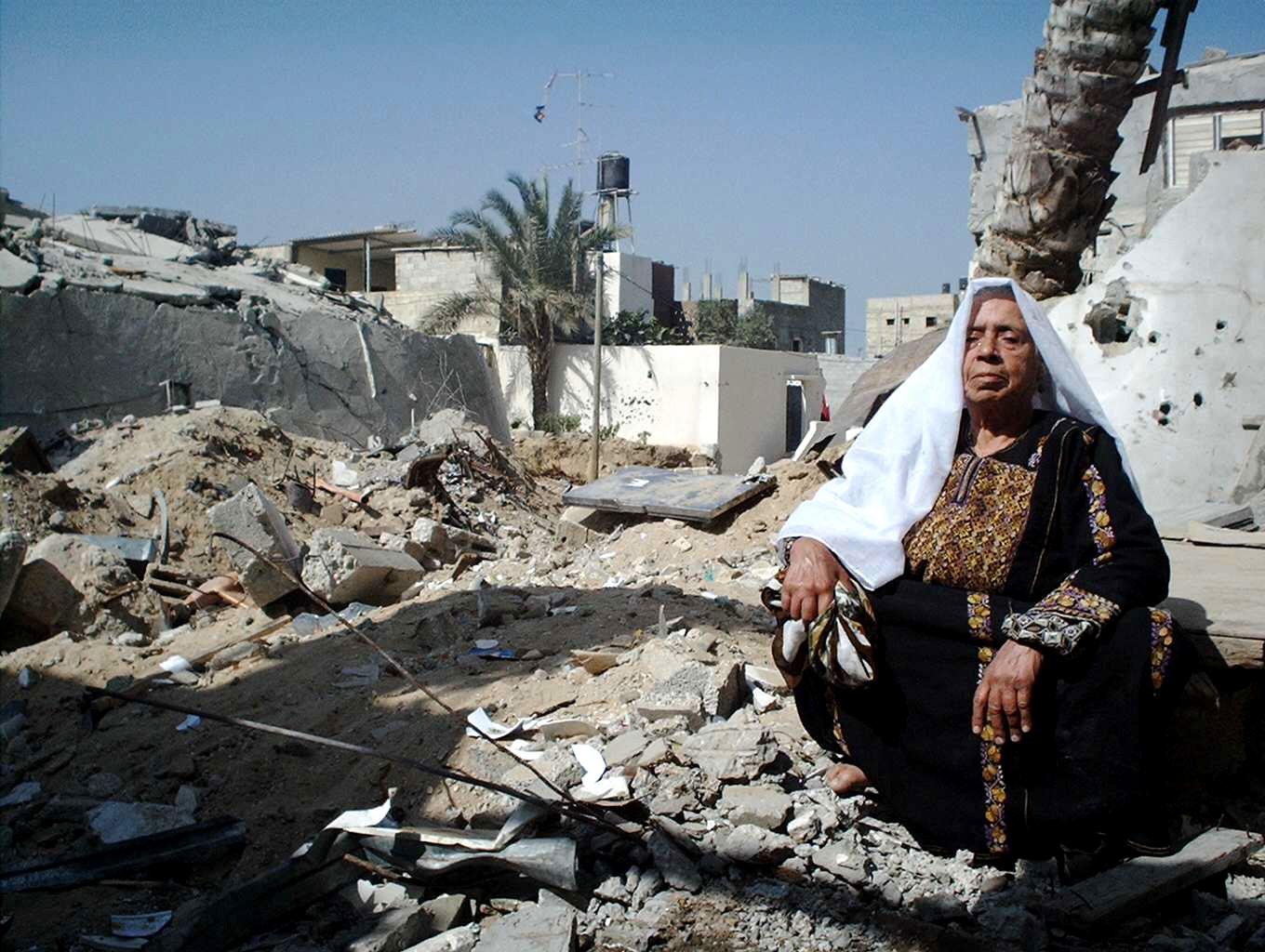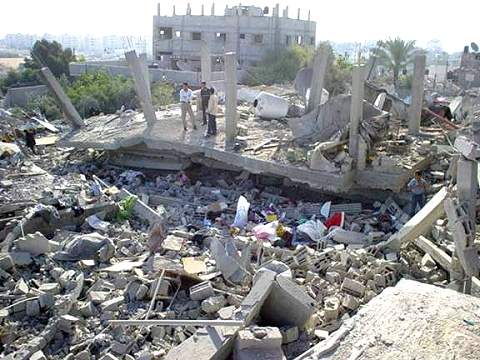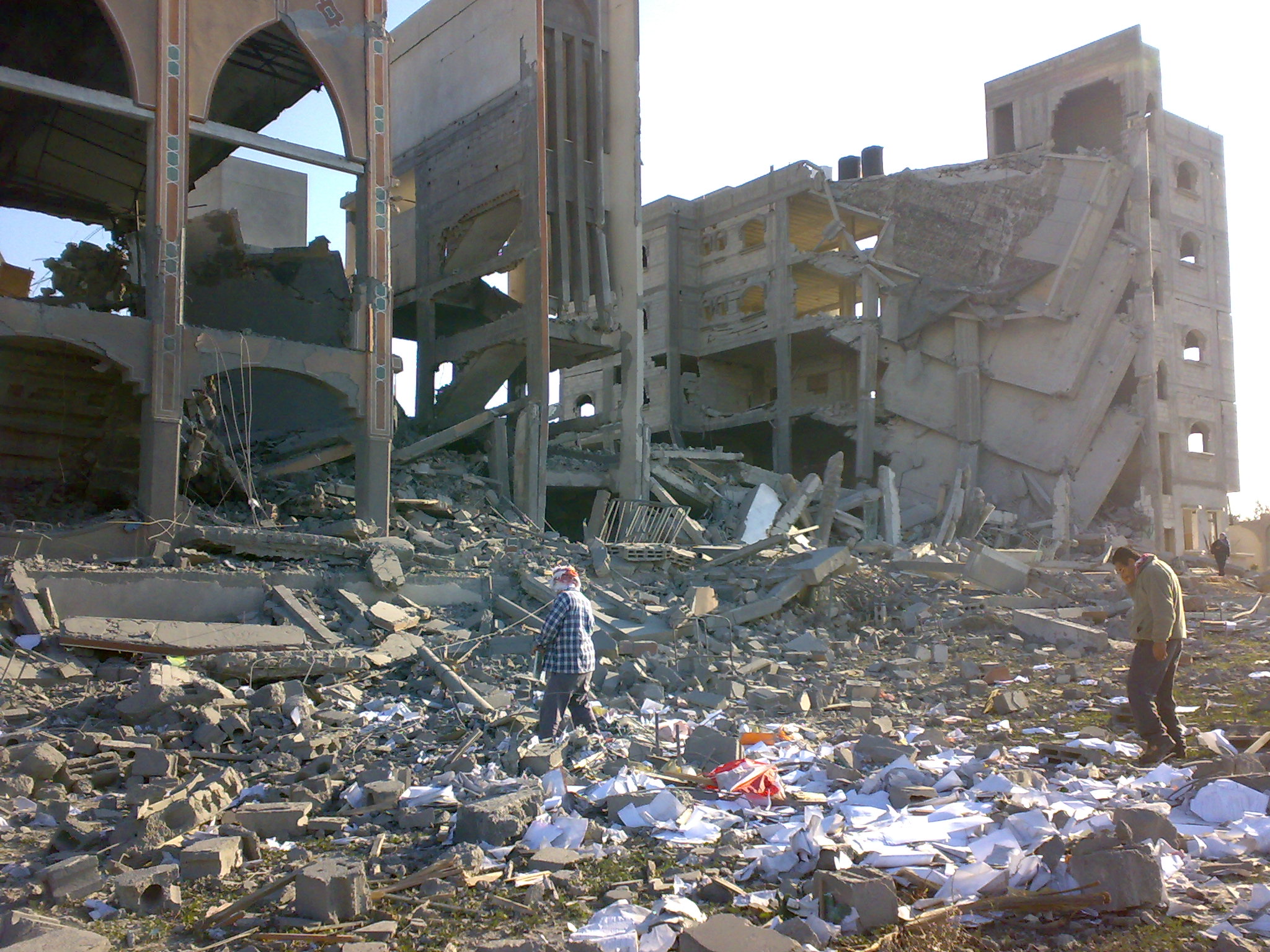As a result of the blockade and collapse of the economy, there is little money to buy food and limited food to buy. Food prices are rising and wheat flour, baby milk, and rice, among other essential goods, are increasingly scarce. During the period of May-June 2007 alone, these commodity prices rose 34%, 30% and 20.5% respectively 1. [...]
The number of people living in absolute poverty in Gaza has increased sharply. Today, 80% of families in Gaza currently rely on humanitarian aid compared to 63% in 2006 4. This decline exposes unprecedented levels of poverty and the inability of a large majority of the population to afford basic food. [...]
Unemployment in Gaza is close to 40% and is set to rise to 50% 7. The private sector that generates 53% of all jobs in Gaza has been devastated, businesses have been bankrupted and 75,000 out of 110,000 workers are now without a job8. At present, 95% of Gazas industrial operations are suspended because they cannot access inputs for production nor can they export what they produce 9. In June 2005, there were 3,900 factories in Gaza employing 35,000 people 10. One and a half years later, in December 2007, there were just 195 left employing only 1,700. The construction industry is paralysed with tens of thousands of labourers out of work 11. The agriculture sector has also been badly hit and nearly 40,000 workers who depend on cash crops now have no income 12. [...]
The blockade is destroying public service infrastructure in Gaza. The Israeli government prevents the repair and maintenance of the electricity and water service infrastructure in Gaza by prohibiting the import of spare parts. The impact of this is amplified by Israels parallel punitive restrictions on fuel and electricity to Gaza. Hospitals cannot generate electricity to keep lifesaving equipment working or to generate oxygen, while 40-50 million litres of sewage continues to pour into the sea daily 14. [...]
According to the World Health Organisation, the proportion of patients given permits to exit Gaza for medical care decreased from 89.3% in January 2007 to 64.3% in December 2007, an unprecedented low. It is important to note that even those patients who are granted permits to exit Gaza are often denied access at the crossing itself. [...]
The blockade has effectively dismantled the economy and impoverished the population of Gaza. Israels policy affects the civilian population of Gaza indiscriminately and constitutes a collective punishment against ordinary men, women and children. The measures taken are illegal under international humanitarian law.
Israel has the right and duty to defend itself against indiscriminate rocket attacks against its civilian population, but the current policy fails to provide Israel with increased security and has led to increasing polarisation.








